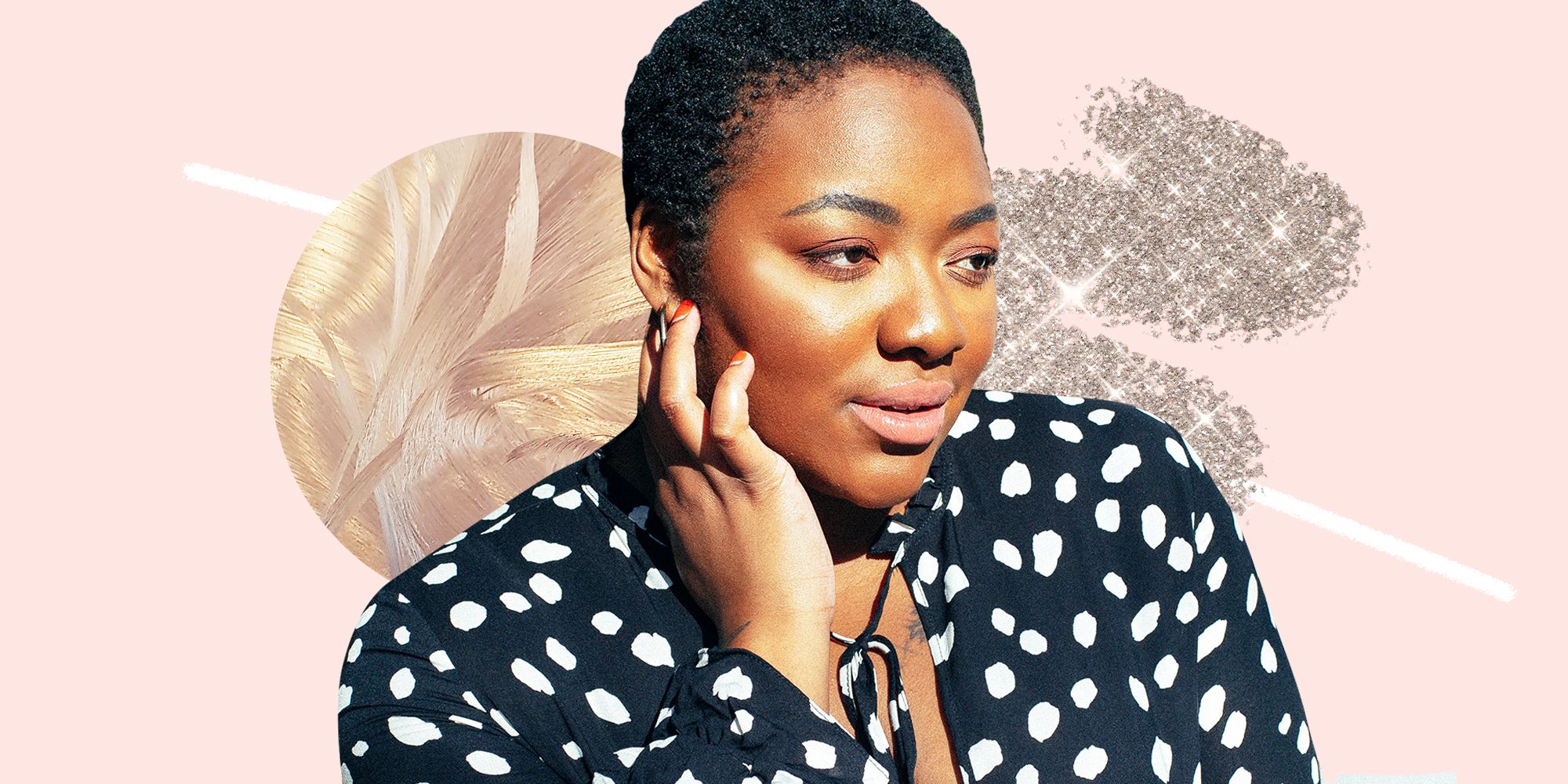

#NOT USING YOUR FACE FOR FACEBOOK SKIN#
But when we’re talking about treating or managing specific skin conditions, there’s almost always a product that has more peer-reviewed research or clinical trials behind it. And, of course, those are valid reasons to use a product. Oils may be appealing to some consumers because they’re touted as being “ natural” or because they may be more accessible than whatever a dermatologist recommended. But every single oil product hasn’t been researched-and your derm probably isn’t going to recommend tea tree oil or rose hip as a first-line treatment over something like, say, a salicylic acne medication or topical retinoid that’s been in clinical trials and proven to work in a specific formula. So, even though the biggest benefit you might get from using an oil would be moisturizing, some oils are marketed as having other benefits. And rose hip oil is often touted as having antioxidant benefits. Tea tree oil, for instance, has been shown to have some antibacterial and antifungal properties that can be useful for acne and seborrheic dermatitis, SELF explained previously. There are some oils that we know more about than others, he says. “There’s a new oil that somebody’s trying out on their skin all the time, so there’s just not a lot of data to say this definitely works for this or that.”

“The problem with a lot of these oils is there’s like a new flavor of the week every week,” Dr. Different face oils claim to combat different skin concerns-and it’s not always about hydration. Whether or not an oil is the best choice for that issue is another question. Plus, some oils come with other benefits, such as antioxidants or anti-inflammatory properties, that might make them beneficial for certain skin concerns.

For instance, research suggests that jojoba oil and argan oil can actually help repair the skin barrier. If they’re small enough to get through, they may be able to penetrate to deeper layers and strengthen the stratum corneum. If they’re too big to get through the skin barrier, they sit on top and act as occlusives. The crucial factor here is the size of the fatty acid molecules that make up the oil. So, although oils are moisturizing and may indirectly increase the amount of hydration in the skin, they are not technically hydrating. “Most oils that are applied to the skin end up forming more of a protective barrier on its surface, rather than actually penetrating the skin,” Dr.

Brauer, M.D., a New York–based dermatologist, tells SELF. In general, oils fall into the occlusive and emollient categories, Jeremy A. The other types of moisturizers are emollients (which are used to soften and strengthen the outer layer of skin by filling in the spaces between skin cells) and occlusives (which act like sealants to keep water in). Interestingly, oils don’t typically fall into this category. They can attract water molecules and draw them into the skin. Perelman department of dermatology at NYU Langone Health, tells SELF. Zampella, M.D., assistant professor in the Ronald O. So, how do moisturizers work? There are essentially three ways a moisturizer can increase the water level in your skin.įirst, humectants, such as glycerin, are often found in moisturizers and actually add water back to the skin, John G. The biggest benefit that comes with an oil is the moisturizing benefit. Depending on the type of oil-jojoba, maracuja, coconut, argan, tea tree, etc.-the oil may naturally have other purported benefits, like anti-inflammatory or antioxidant properties, but those are bonuses. The basic idea is that putting an oil on your face will help supplement the natural oils your skin is (or isn’t) producing in an effort to add moisture to your skin and help repair the barrier that keeps that moisture in. In fact, the ancient Egyptians reportedly used oils in cosmetics as early as 4500 B.C.E. What do facial oils do, exactly?įacial oils are seemingly everywhere right now, and they have a long history in skin care. But whether or not an oil will help moisturize your skin depends on your skin type and the oil. Basically, everyone could use some type of moisturizer. And then there are people with combination skin, meaning that it’s both dry and oily.


 0 kommentar(er)
0 kommentar(er)
